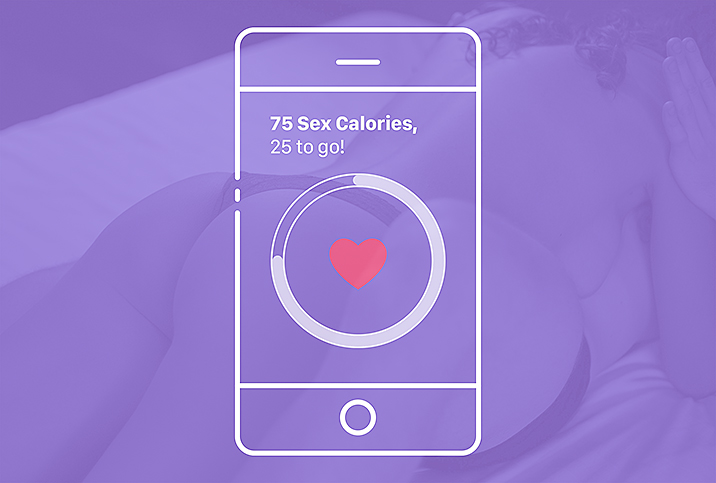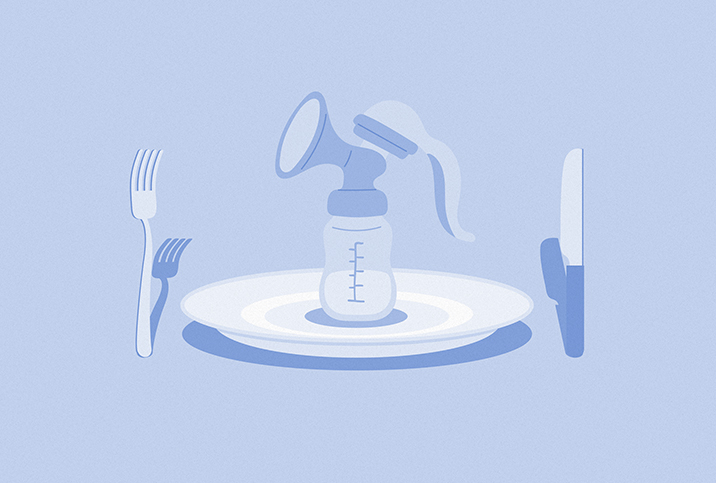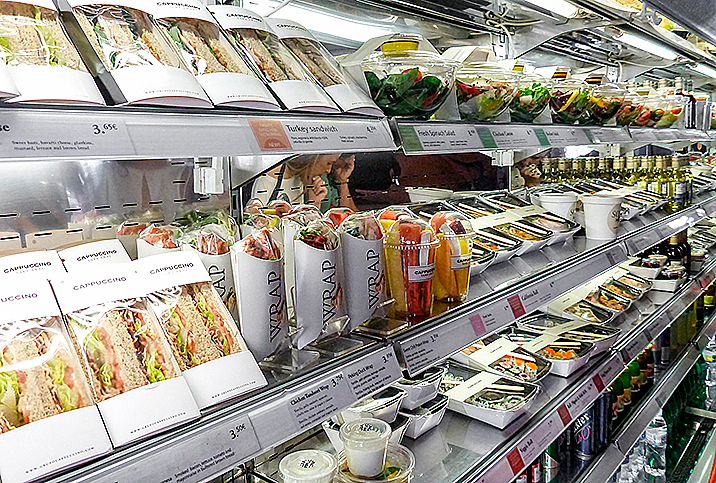Should You Still Be Counting Calories?

There's a lot of information available on diet and nutrition, and some of it is confusing, hard to understand and, frankly, misleading or wrong. That makes it tough to know what sources are reliable and what will work for you and your goals.
One constant mention in the field of nutrition is the word "calorie."
"In short, a calorie is a unit of energy," explained Lauryn White, a registered dietitian nutritionist in Scottsdale, Arizona. "The full name is a kilocalorie [kcal], as it is defined by the amount of heat needed to raise the temperature of one kilogram of water by one degree Celsius. A machine called a bomb calorimeter is used to calculate a calorie."
One of the easiest ways to understand calories is to determine how many calories each macronutrient—carbohydrates, protein and fat—is worth. According to the U.S. Department of Agriculture (USDA), carbs and protein each provide four calories per gram and fat provides nine calories per gram. The total amount of each can be found on the nutritional labels on a food's packaging.
Though people can now track calories through apps or just by adding up the count based on food labels, this wasn't always the case. The Food and Drug Administration didn't require nutritional information, including calories, on food labels until 1973.
Counting calories and more
Even knowing what a calorie is and how it's measured (for the most part), we're still left wondering how useful it might be in tracking our food choices. For a person working toward a goal of losing weight, White encourages monitoring calories.
"A calorie deficit—consuming fewer calories than you're burning—is needed to use what is stored in your body, both carbohydrates and fat, to lose weight," she explained. "However, other factors like stress and lack of sleep can hinder you from losing weight."
Once you start paying attention to the calories going into your body (known as calories in, calories out), it's a good strategy to also pay attention to your stress level, particularly if it's leading you to stress eating. Take a look at the big picture, notice what stressors are triggering you and see if you can get to the root of the issue. Snacking under stress can cause you to consume more calories than your body is burning, thus, contributing to weight gain.
In addition to watching your calorie intake, it's crucial to pay attention to the quantity and quality of sleep you're getting. To the best of your ability, try to maintain a regulated sleep schedule as this is an effective way to establish a routine and avoid late-night food binging.
To count or not count calories
Losing weight can prove challenging because there's no "one size fits all" formula.
"Although trial and error might be frustrating, some people find counting calories the easiest way to lose weight, while others prefer watching macros," White said.
A macro for weight loss is the ratio of carbohydrates, protein and fat when coupled with an exercise regimen.
"If you don't like to measure your food, counting calories may not be the best route," she added. "You have to set yourself up for success to lose weight by finding what works. Intermittent fasting is great for people who can follow a schedule and want to focus less on measuring food. If you're adding exercise to your weight-loss regimen, you might have better success watching macros. Regardless, portion control is vital with any weight-loss goal."
However, proceed with caution if you're paying attention to only calories.
"Low calorie does not mean healthy. Low-calorie foods are often overprocessed and loaded with unnecessary fillers. They often contain artificial sweeteners, which can lead to bloating and increase cravings for carbs and sugary foods," White explained.
A good rule of thumb is to look at where the calories are coming from. If what you're eating provides fiber, vitamins or protein, you can take comfort in knowing that the food provides nutrients to your body. A nutrient-dense vegetable offers more benefits than a candy bar containing the same number of calories. Junk foods are often referred to as items containing "empty calories" because they don't deliver any nutritional value.
By the numbers
The number of calories the average person should consume each day depends on several variables, such as activity level, age and gender, to name a few. With that in mind, recommendations are often stated as a range rather than a specific number.
The recommended caloric intake for adults ranges from 1,600 to 3,200 calories per day, according to the 2020-2025 Dietary Guidelines for Americans published by the USDA and Health and Human Services Department. One way to estimate the number of calories you burn is by using an online calculator, such as the Total Daily Energy Expenditure calculator. Keep in mind that this is an estimate and you should consult a medical professional before making any major changes to your diet.
If you're watching calories, it's equally important to pay attention to where your calories come from and what you do with that energy. No matter what we do, we're always burning calories. From sitting on the couch to running on the treadmill, human metabolism is constantly at work.

















